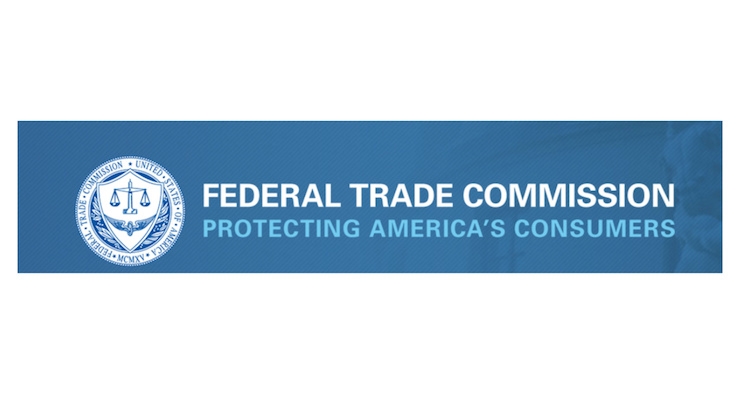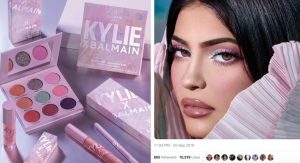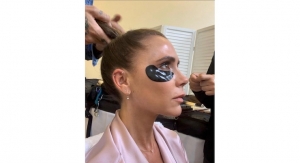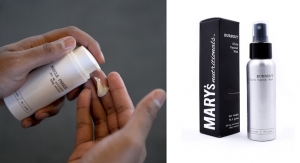BeautyPackaging Staff10.23.19
Sunday Riley Skincare recently got into trouble with the Federal Trade Commission --- and this settlement was agreed upon.
The Washington Post reports, "The FTC barred Sunday Riley from misrepresenting the status of a person reviewing products. The commission also ruled Sunday Riley must instruct its employees and agents to disclose their connections to the company in any endorsements."
The FTC began investigating the brand last year after a former employee posted on Reddit. The FTC released a statement saying it was charging the beauty company with posting fake online reviews -- claiming that the brand's CEO, Sunday Riley, directed employees to write reviews, while failing to disclose that the reviewers were company employees.
Andrew Smith, director of the FTC’s Bureau of Consumer Protection, says, “Dishonesty in the online marketplace harms shoppers, as well as firms that play fair and square. Posting fake reviews on shopping websites or buying and selling fake followers is illegal. It undermines the marketplace, and the FTC will not tolerate it.”
In its complaint, the FTC alleges that between November 2015 and August 2017, Sunday Riley Skincare managers posted product reviews on Sephora's site using fake accounts. The FTC alleges that after Sephora removed fake employee-written reviews, Sunday Riley Skincare employees suspected this was because Sephora recognized the reviews as coming from their IP addresses. Sunday Riley Skincare then allegedly obtained, according to one of the company’s managers, “an Express VPN account [to] . . . allow us to hide our IP address and location when we write reviews.”
FTC Also Settles with Devumi
In another case, the FTC also settled with social media marketing company, Devumi. The FTC says the company sold "fake indicators of social media influence," which means Twitter followers, retweets, YouTube subscribers --- and more.
TechCrunch reports on the FTC's $2.5 million settlement with Devumi’s owner and CEO German Calas, Jr., which requires the first $250,000 to be paid, with the rest deferred unless it’s discovered that Calas has misrepresented his financial situation.
The FTC alleges the defendants sold fake Twitter followers to actors, athletes, musicians, writers, and others who wanted to increase their appeal as online influencers. The FTC alleges that Devumi also sold fake Twitter followers to motivational speakers, law firm partners, investment professionals, and others who wanted to boost their credibility to potential clients. According to the FTC, Devumi filled more than 58,000 orders for fake Twitter followers.
The Bottom Line
As beauty marketers know, there is so much more happening "behind the scenes" regarding online beauty reviews -- with every brand, not just Sunday Riley.
Allure recently covered the topic in-depth in the story, Are Online Beauty Product Reviews Just One Big Scam?




























